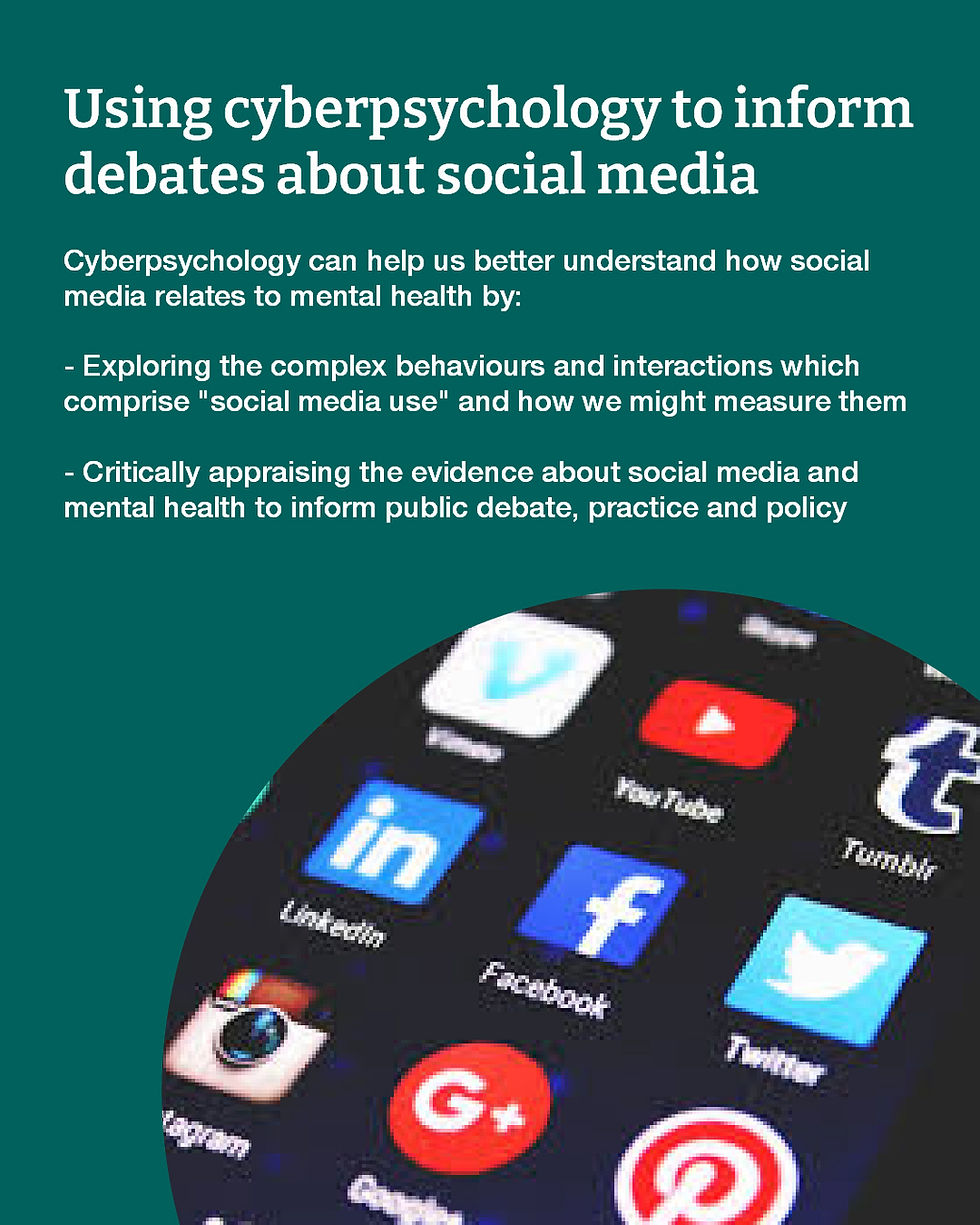Research Process and Management
- LindaKKaye

- Aug 28, 2020
- 1 min read
From my perspective, one of the most rewarding parts of doing research is collaborating with others. I have written about different types of collaboration previously, but this blog-post is about how to foster open and transparent processes for ensuring that research collaborations work well.
I have been fortunate to have had the opportunity to work with a great deal of different people and different types of research teams. I have learnt plenty about the approaches and processes which work well and what doesn't work so well! I have also enjoyed adapting to the way different people work and realising that there isn't a "one size fits all" approach to successful collaboration.
However, sometimes things can go a bit wrong in collaborations. This isn't necessarily anyone's fault, but usually occurs because the ways of working and principles people operate under are different but hadn't previously been made transparent.
In an attempt to provide a practical approach to supporting transparent discussions around collaboration, I have compiled a practical toolkit which outlines the various stages of the research process and can provide a platform for discussions around ways of working and responsibilities.
This may be beneficial for a range of researchers, perhaps for PIs in their labs or mentors to work with mentees on building capacities in research and its various processes. However, could be used by anyone who finds it to be helpful!
You can find a downloadable copy of this practical toolkit below which you are free to use or adapt as you see fit, with credit.



The research process and management require a structured approach to achieve accurate and reliable outcomes. From selecting a relevant topic to gathering credible sources, each step plays a vital role in ensuring quality academic work. Many students often struggle to balance time, analysis, and proper formatting, which can affect their overall performance. That’s why seeking research paper help becomes a smart choice to make the process smoother. With expert guidance, students can improve their research quality, manage deadlines better, and ultimately present well-organized, professional papers that reflect deep understanding and critical thinking.